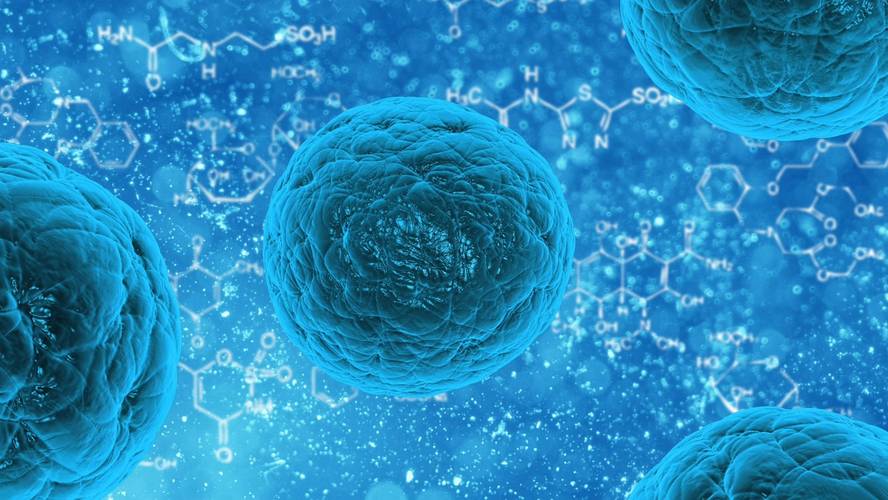Stem cells encapsulated as a medicine
Researchers from the NanoBioCel group at UPV have developed a pharmaceutical stem cell use system that can help improve its functionality and therapeutic potential (published in the journal Molecular Pharmaceutics). The type of treatment that still exists is the one that uses stem cells as medicine, but those responsible for this work believe that they will serve to treat chronic diseases that currently do not have an effective treatment.
These drugs are immobilized in a biomaterial and from there stem cells can release substances of therapeutic value for long periods of time. Researchers in the NanoBioCel group have used genetically modified mesenchymal stem cells D1, which can release erythropoietin (EPO). The purpose of this medicine is to stimulate the formation of red blood cells.
The researchers of the NanoBioCel group wish to design and develop systems suitable for the transport and implantation of stem cells. Although it is still recent, stem cell treatments are gaining strength, but they need to be improved. The aim of this UPV study was to improve the survival of stem cells.
To do this, the stem cells that secrete EPO have been immobilized in microcapsules and have added a peptide with adhesion capacity, in order to increase cell survival. The results of in vitro sessions have shown that the use of adhesion peptides improves the activity of encapsulated stem cells and flows more EPO.
When microcapsules have been implanted in the mouse, for the moment they have not noticed differences in the activity of stem cells immobilized with or without peptides, but they have been able to verify that stem cells survive and that the secretion of EPO has been increasing over time.






